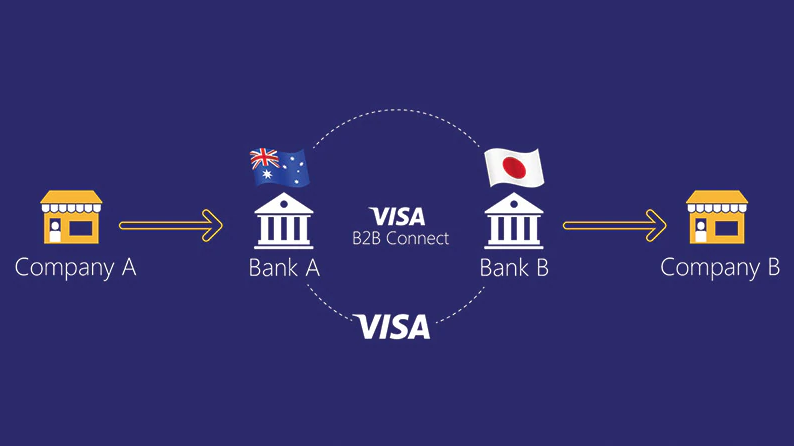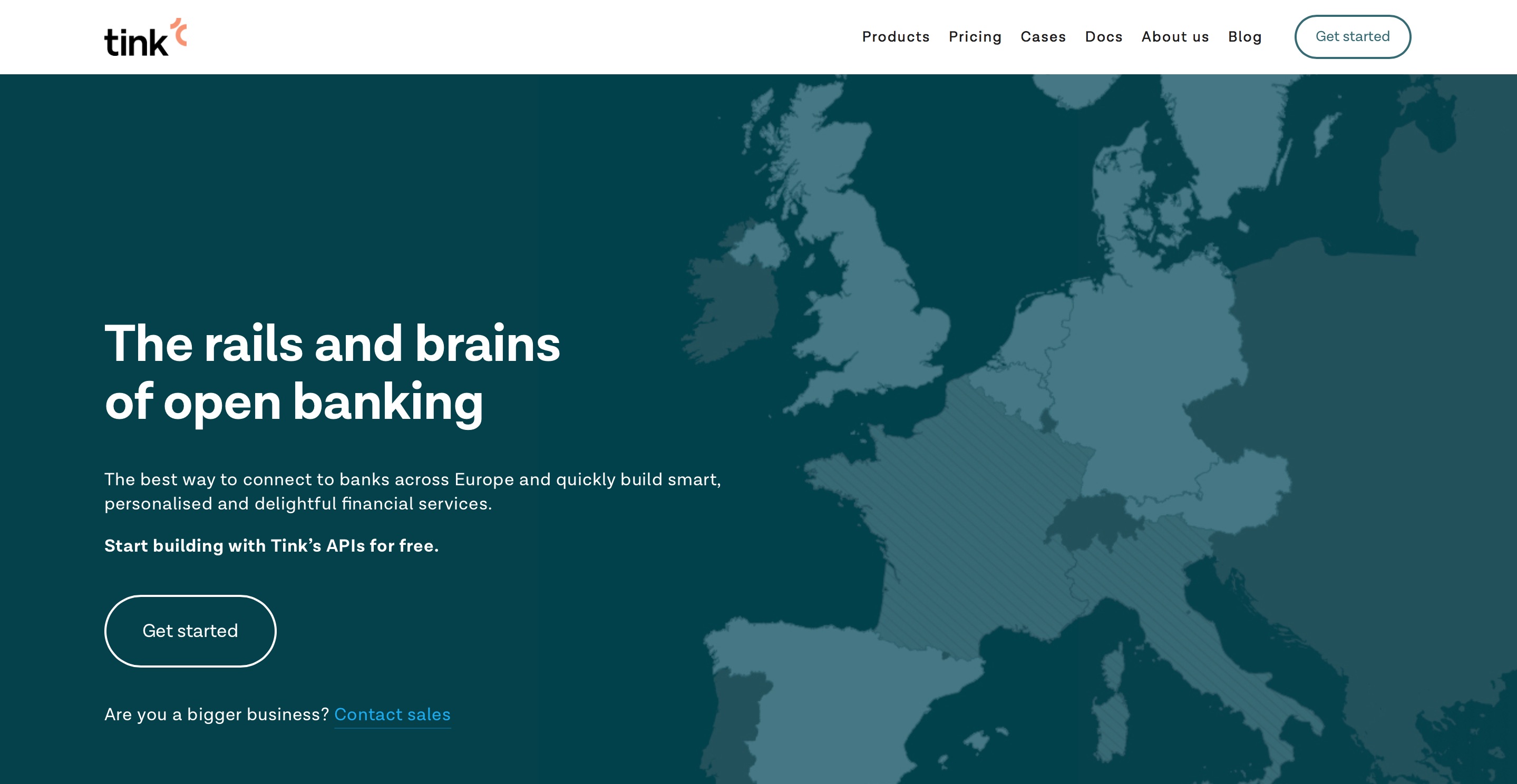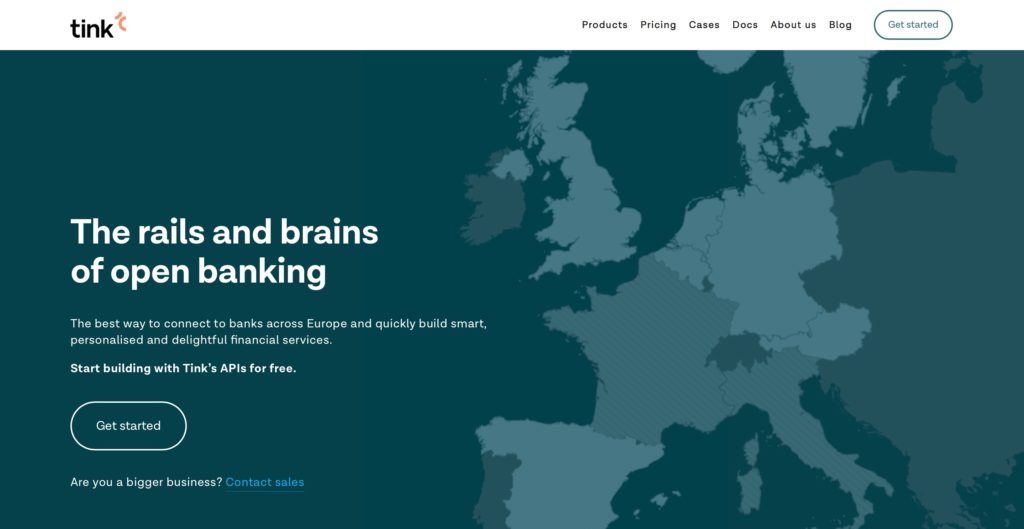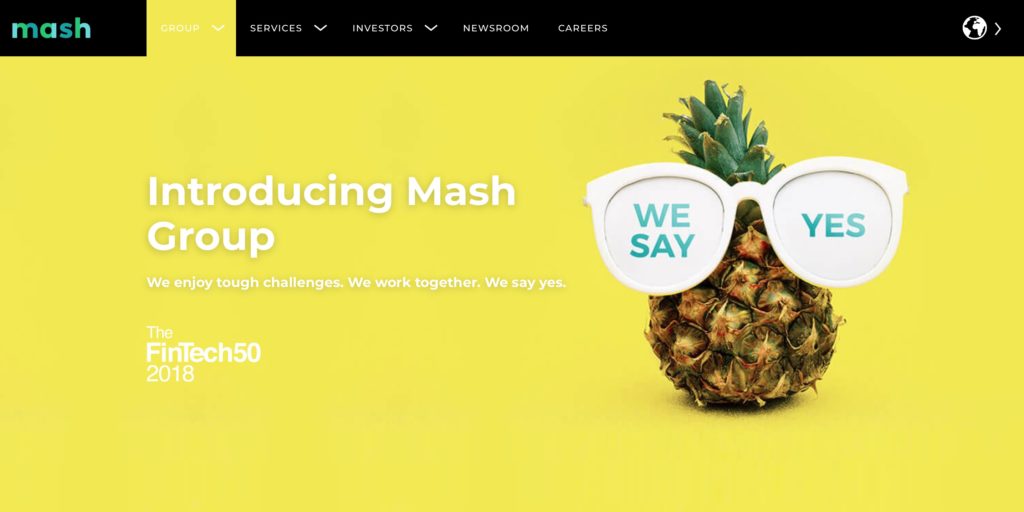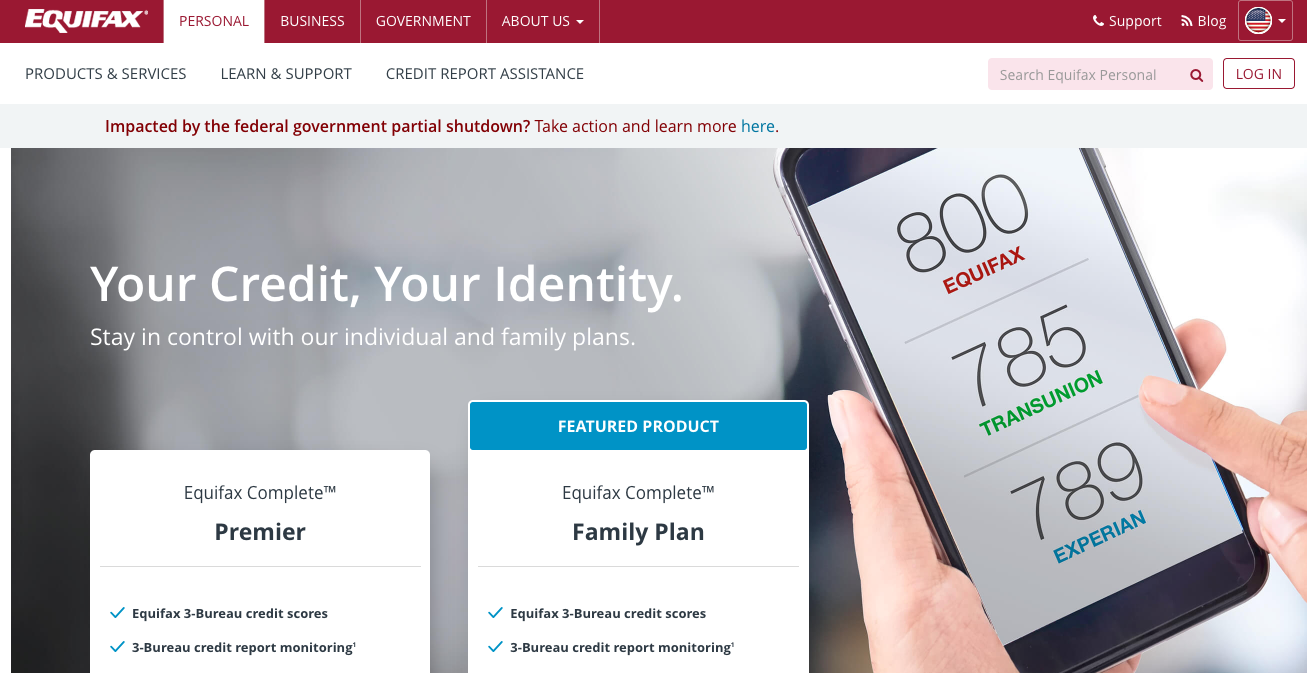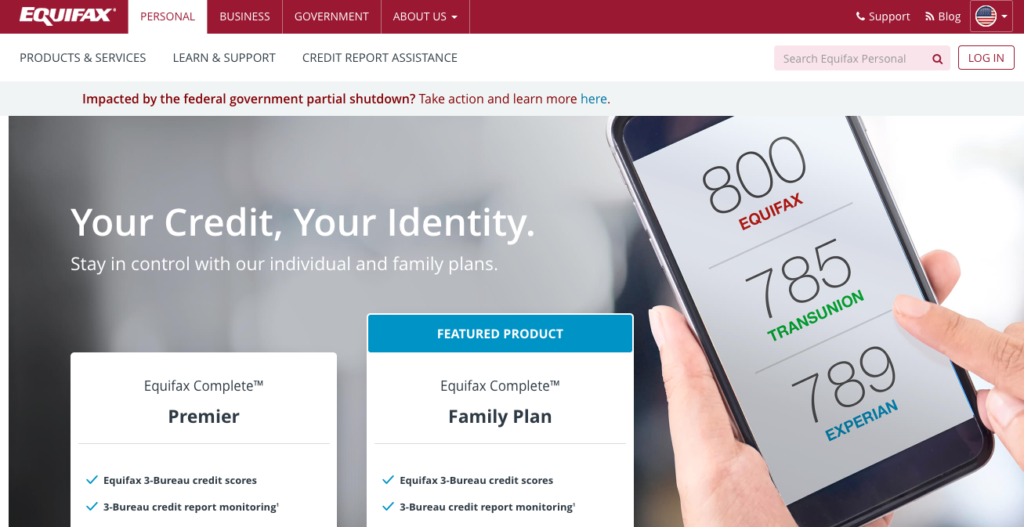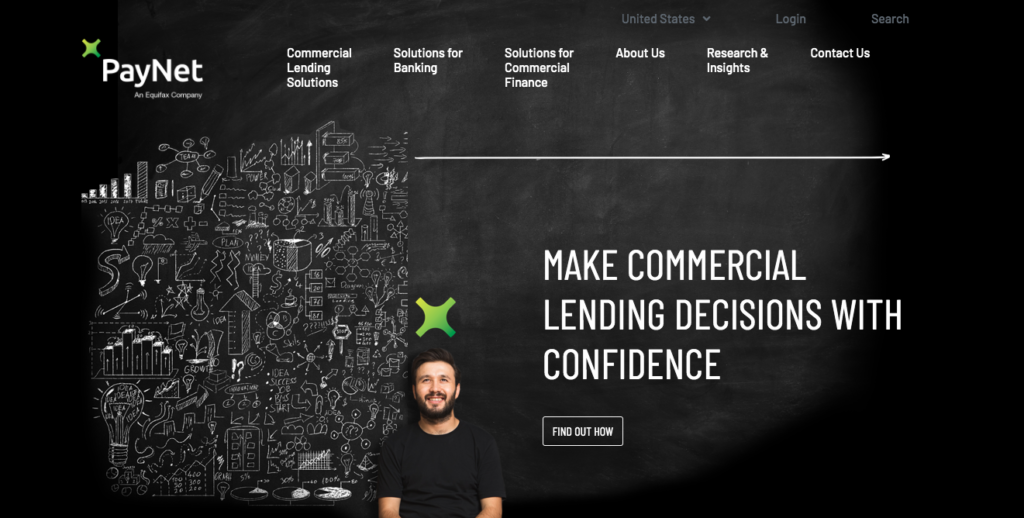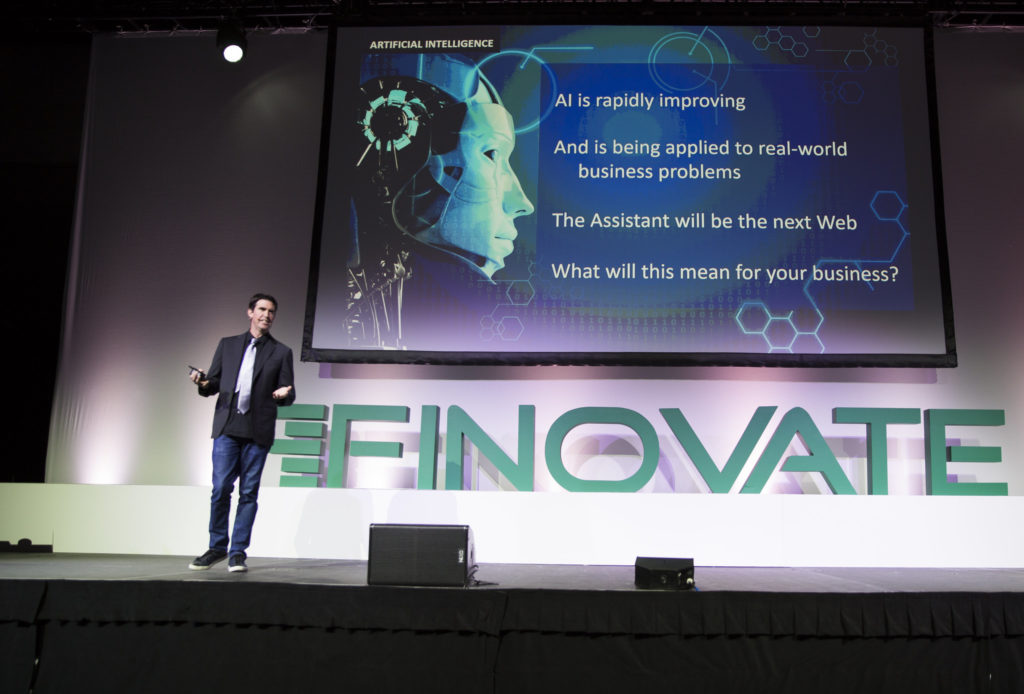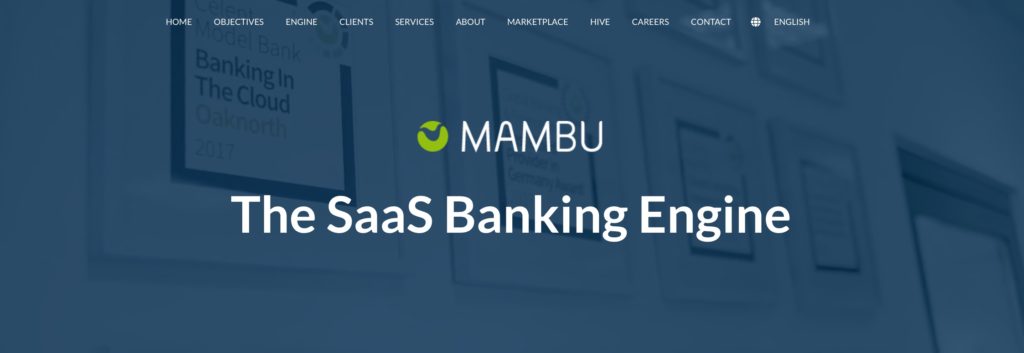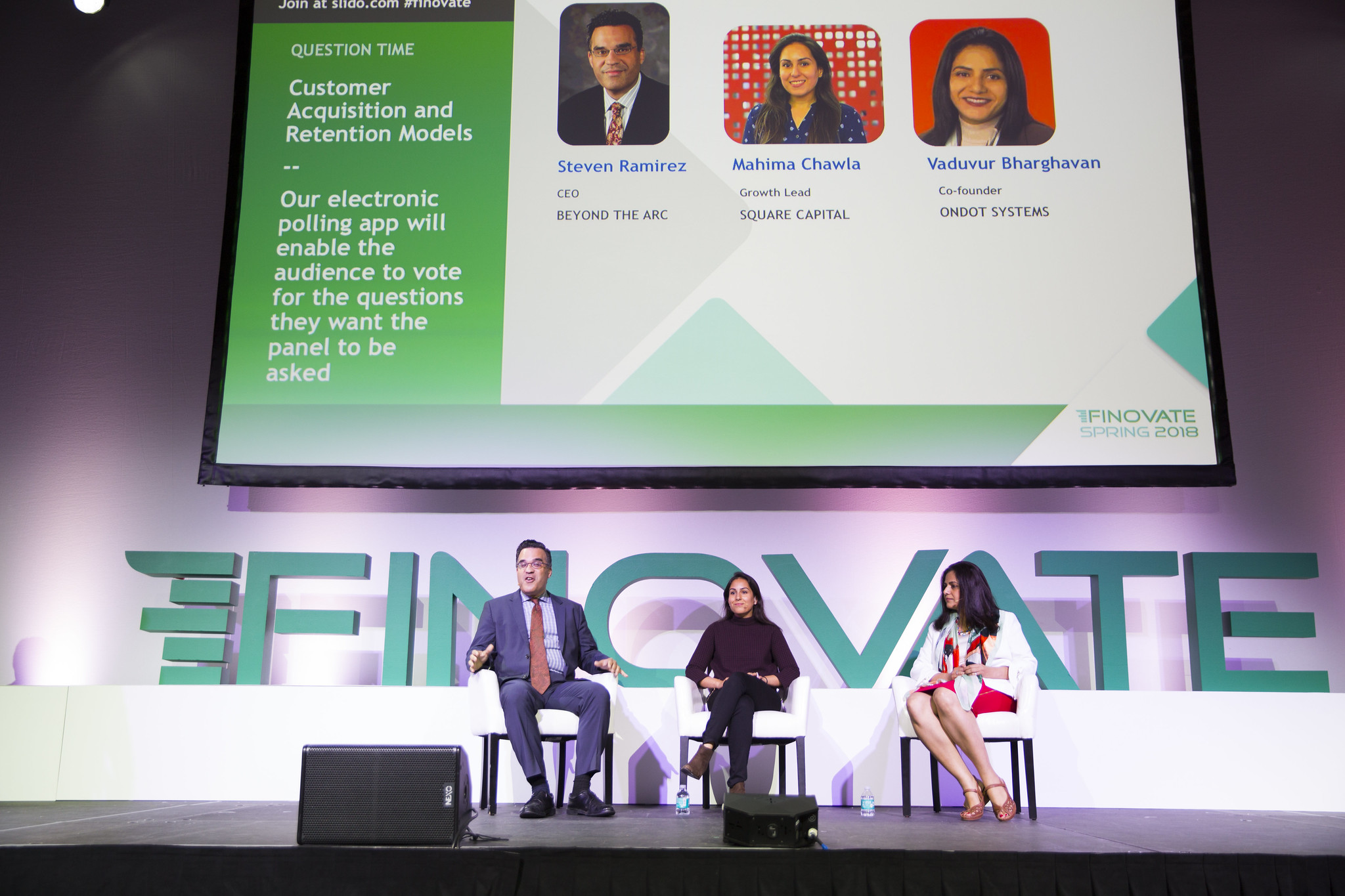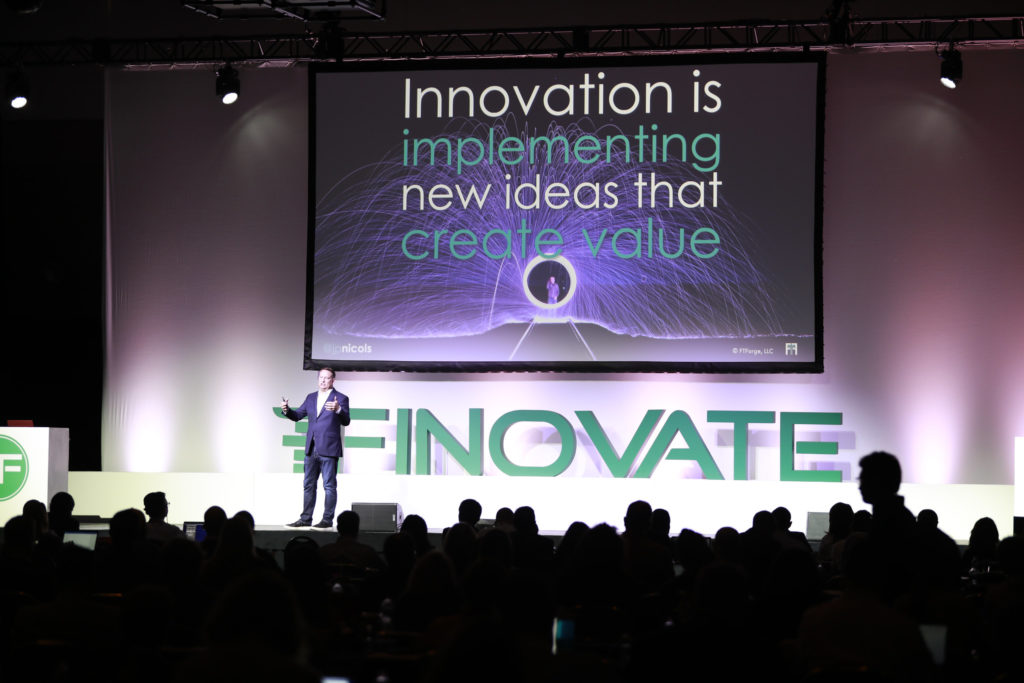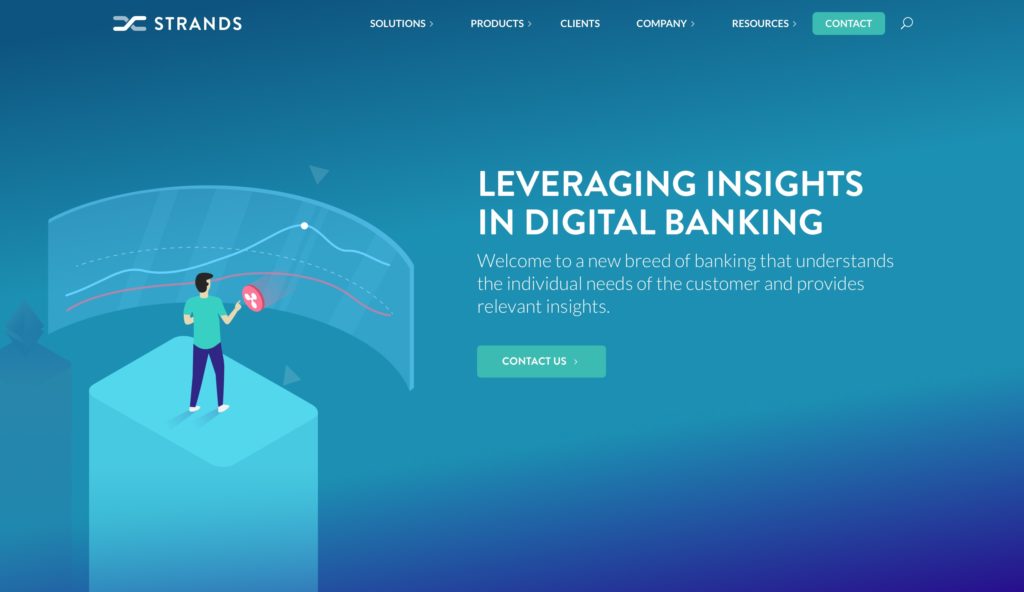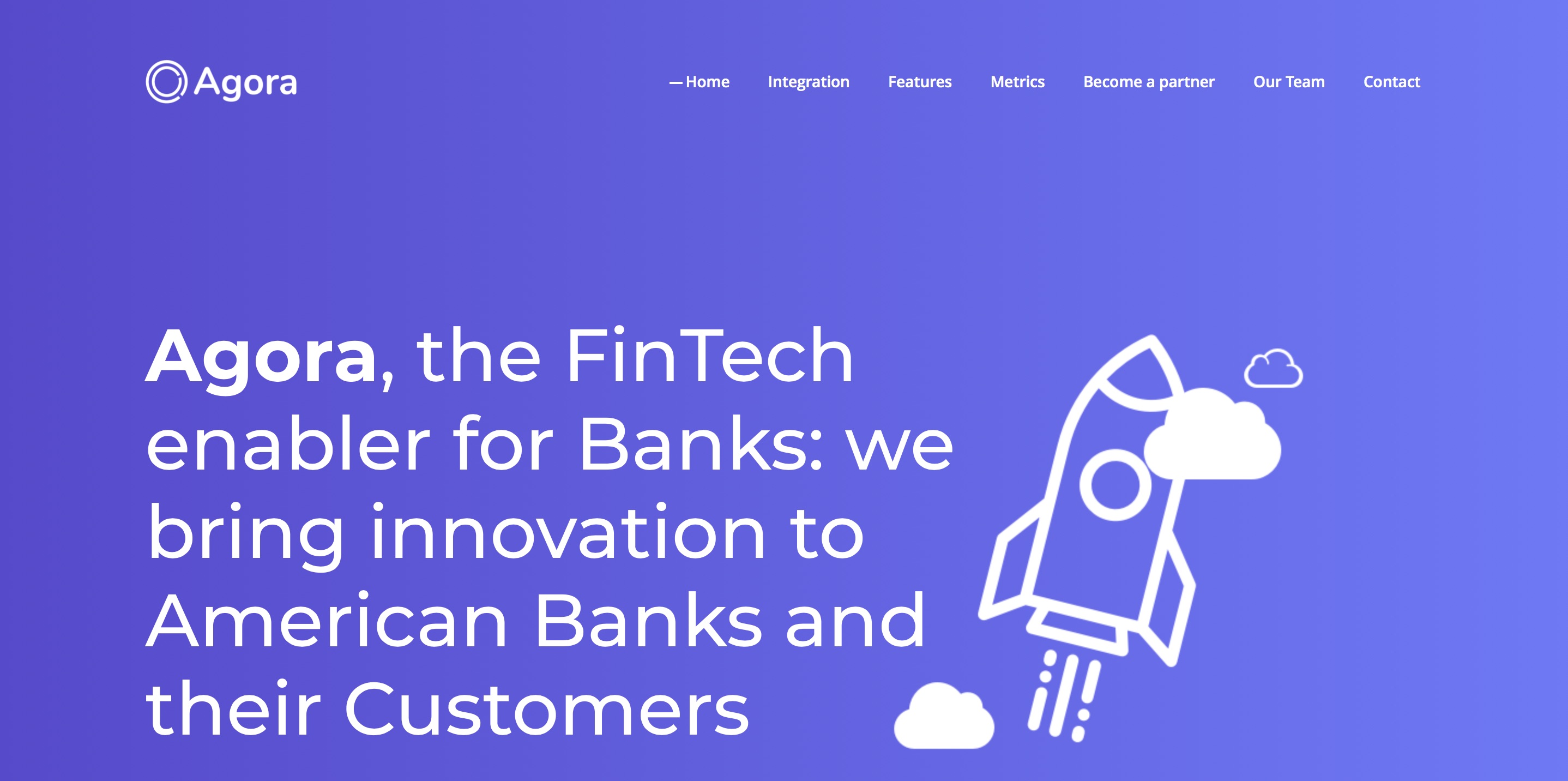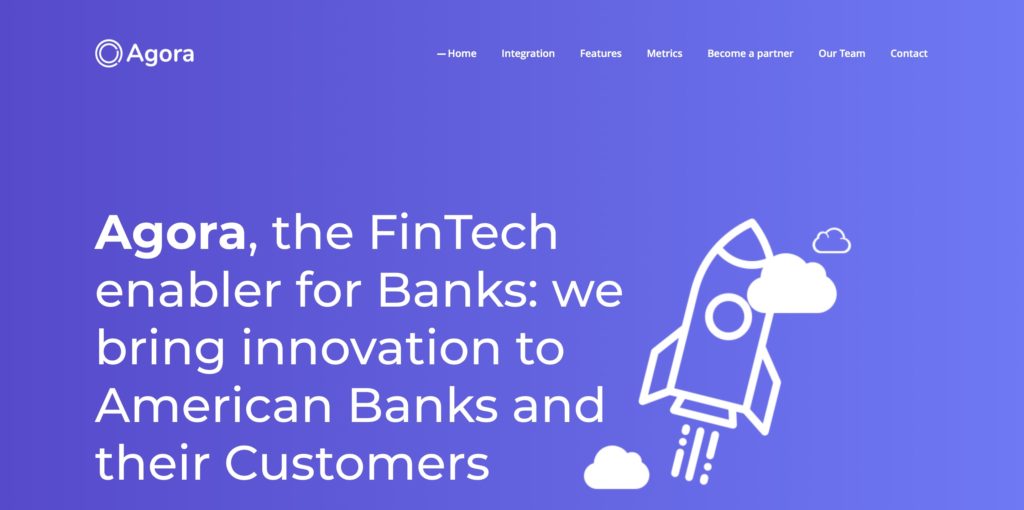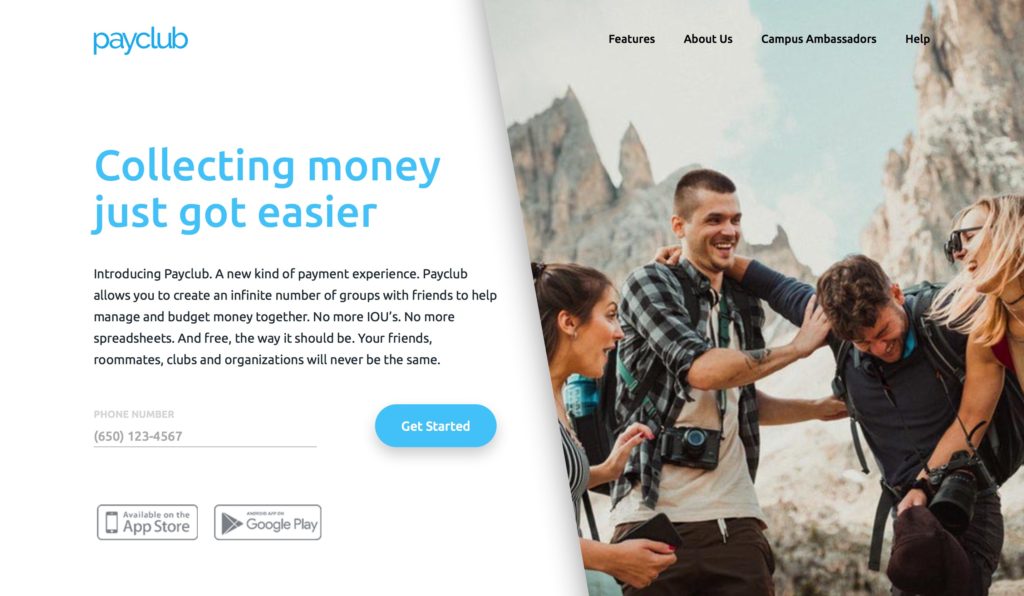Alex Jimenez, Vice President Senior Strategist, Zions Bancorporation, will be joining the Leaders Debate on the new platforms and technologies transforming banking at FinovateSpring, coming to San Francisco in two weeks. Here, he considers the role of physical bank branches in the digital world.
I often hear people ask if there is a role for the bank branch. This question consists of several components:
- In this increasingly
digital world, customers still go to bank branches, why?
- How do digital technologies
affect in-person experiences?
- How do digital technologies
change the setting where those experiences happen?
I’d like to tackle each of them separately.
Why do customers
still use branches?
In the past few years several opinion surveys have come back with similar responses to this question. Americans surveyed say that they still want bank branches for when they have issues with the bank, or because they still frequent the bank for their everyday banking activities. These two reasons don’t make much sense in the aggregate.
Bank call center metrics indicate that when people have an issue with a bank, they call the bank rather than visit the branch. In addition, branch transactions are down across all types of customers and FIs. People use digital channels for everyday transactions, like checking balances, transferring funds, and depositing checks.
The gap between survey responses and data indicates that a vast difference exists between how people respond to these questions and how they behave.
How do digital technologies affect in-person experiences?
The main concern that branch traditionalists describe is the inability for a customer to reach a person. Do digital technologies potentially eliminate the banker, or can they help them?
As noted earlier, digital technologies have impacted rote branch transactions. There is still a need to visit branches to deposit checks and cash, but the use of both is also diminishing.
Customers still use branches to open new accounts, apply for loans, and get advice. Account opening and application can be done digitally, and are slowly being impacted. The pace of the decline has more to do with banks’ clumsy technology or policies than the actual availability of technology.
If rote transactions and account opening move to digital channels, advice and selling remain the activities most often cited as reasons for a physical branch. Digital technologies, however, can augment advice, selling, and even in-person account opening very simply. Yet, many banks have not extended digital capabilities to today’s branch. Many years ago at a previous organization, my team deployed a self-service tool on our website that allowed a small business customer to answer questions and receive offers to address their specific needs. The service relied on a simple algorithm that helped the customer navigate through a 15-minute session. The tool did not succeed online. However, we deployed it at the branch where it became successful. Apparently, the combination of the human touch, and the algorithm, resulted in a better experience. Previously, the branches had used paper pamphlets to help them highlight services.
Call centers have knowledgebases at their disposal, yet they are not often offered to branch staff. Similarly, sales teams have access to CRM dashboards that are used sparingly by branch staff. Branch staff can use these technologies to enable themselves to provide better experiences.
How do digital technologies change the settings of where those experiences happen?
If banks provide branch staff with digital tools to optimize all person-to-person customer experiences, do they need the physical real estate? Probably not, in the longer term.
Many banks have begun and continue to transform and consolidate branches because of the changes that digital technologies bring. The industry has focused on rote transactions and their impact on the branch, but the reality is that people perform most transactions remotely.
Many years ago, various FIs like Coastal Credit Union in North Carolina rolled out video ATMs which allow for video conversations with bankers sitting in their call center. Aside from cash transactions it doesn’t take much to allow those same video bankers to be able to have video chats with customers through any internet-connected device. As more and more people become accustomed to having video chats with others, these channels will naturally become more popular than the local branch.
So, is there a role for the branch in the digital world? It depends on how branch is defined. In the short-term the branch as it is configured today will continue to slowly decline. Future branches will not bear much resemblance to the branch of today. The branch of the future may not be a location at all. I expect it to be sets of experiences, some of which will be facilitated by bankers with access to digital tools, on various delivery methods many of which aren’t available yet.






